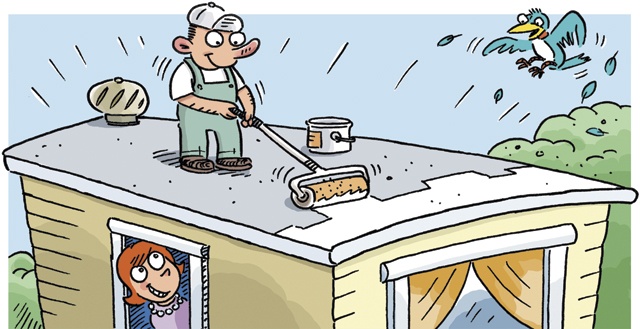Have you seen a Notice of Planned Inspection flyer posted in your park office? If so, then the California Department of Housing and Community Development (HCD) will be conducting an inspection at your mobile home park! Here is some quick information regarding what you can expect from the inspection, and what you can do to prepare:
Keep an eye out for the HCD inspector – The inspector will be wearing an HCD vest and identification badge. They will examine the common areas of the park, but will also inspect your individual lot. They may enter your lot, but they will not enter your home without your permission, and will only request permission if the outside of your home suggests potential safety hazards within.
Remove any obstacles for the inspection – The inspector will need easy access to examine the landing, stairs, and deck to your mobile home. If you have a shed, remove any large obstacles that may restrict access so the inspector can see that it is structurally sound. Keep all animals indoors for both their and the inspector’s safety.
Keep your lot clean – Remove any garbage or combustible debris from your lot (paper, boxes, scrap wood, etc.). This is a fire and safety hazard and can result in a violation that could otherwise be avoided.
Make sure all doorways are accessible – No doors leading to the exterior of your mobile home should be padlocked or blocked by furniture, and all stairs and landings should be free of damage. Obstructing an entry/exit on the exterior of your mobile home is a safety hazard.
Perform a preliminary inspection of your own home – All awnings, carports, decks and porches should be adequately supported. Any damage to structural support needs to be addressed. The skirting of your unit must be without decay or deterioration.
Address any electrical hazards – Cables and conductors for electrical wiring outside of the unit must be weather proof. Power cords must not be damaged, and the unit must not have more than one power supply cord. Electrical appliances cannot be installed outside of the unit unless inside a weather proof structure with adequate wiring.
The inspection is done to ensure that both the park owner and the mobile home park residents are maintaining their properties at the minimum safety requirements of the state. For more detailed information regarding what you can expect from the inspection, visit www.hcd.ca.gov/mpm-booklets and download the Resident Information Booklet. A copy of the booklet will also be mailed to you by the HCD inspector 30 days prior to the inspection.

